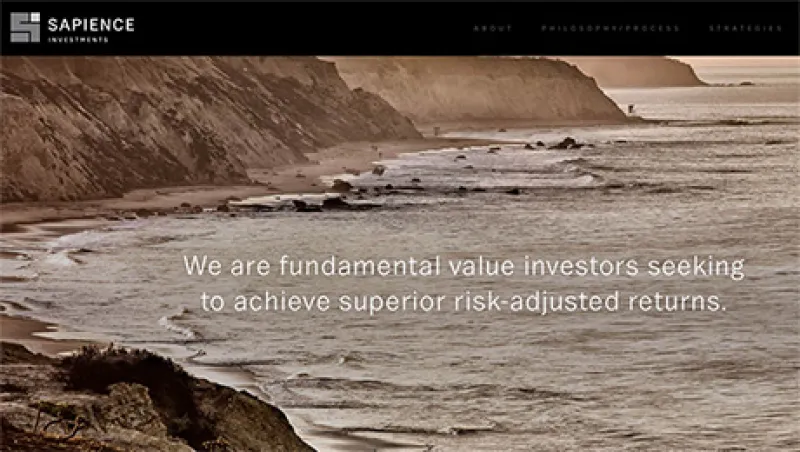Samir Sikka, who led the $2.5 billion Pelican Value Equity team at Wells Capital Management — part of Wells Fargo Asset Management — has good timing.
He and ten staffers, including five research analysts, have left to form an independent institutional investment management firm just as pensions, endowments, and other big clients are reviewing their relationships with the subsidiary of Wells Fargo & Co.
The bank is engulfed in a sales scandal involving more than 5,000 employees and was fined $100 million by the Consumer Financial Protection Bureau on September 8. The CFPB said bank employees were spurred on by compensation incentives to open 2 million bogus deposit and credit card accounts. The bank was also fined a combined $85 million by the U.S. Office of the Comptroller of the Currency and the City and County of Los Angeles.
The scandal led to CEO John Stumpf resigning on October 12.
Clients have become concerned. The City of Chicago’s finance committee voted earlier this month to suspend the city from doing business with Wells Fargo and its subsidiaries, including Wells Fargo Asset Management, for one year. The states of California and Illinois have also banned some business with the bank.
Although Sikka says he and his small-cap value team decided on a split with the bank before the CFPB announced its fine, he stresses that it is advantageous to be at arm’s length from Wells Fargo. “Clients don’t think asset management belongs at a large bank,” he says.
Sapience Investments, the name of the new outfit, worked with private equity firm Estancia, which specializes in asset management, to help build infrastructure, including risk management and other systems. Estancia also helped the firm raise capital. The private equity player holds a minority stake in Sapience, with employees owning the rest of the equity. Sapience will continue to focus on small-cap value — stocks between $100 million and $1 billion in market capitalization — as well as SMid-cap stocks with market capitalizations between $1 billion and $15 billion.
Sapience has outsourced back- and middle-office operations to SEI Investments. “Institutional investors like independent firms, but our systems are as good if not better than any large organization,” Sikka says.
Sapience may be independent of Wells Fargo’s problems, but it still faces a battle to attract former and new clients. Many institutional investors require a three-year track record before hiring a new firm, even if the principal managers remain the same.
Sikka has seen firsthand the perils involved in working for an asset manager owned by a bank. He had been a portfolio manager at Evergreen Investments, Wachovia Bank’s asset management arm. Wells Fargo agreed to buy Wachovia, including Evergreen, in October 2008 as Wachovia struggled to survive the credit crisis. The Wells Fargo deal was an alternative to Wachovia’s previous plan of merging with Citigroup. The tie-up with Citi would have been aided by the Federal Deposit Insurance Corp.
Sikka started his investment career at Los Angeles–based TCW Group, joining the value equity team in 1999. In 2006 he joined Metropolitan West Capital Management, which was acquired by Evergreen that year.







